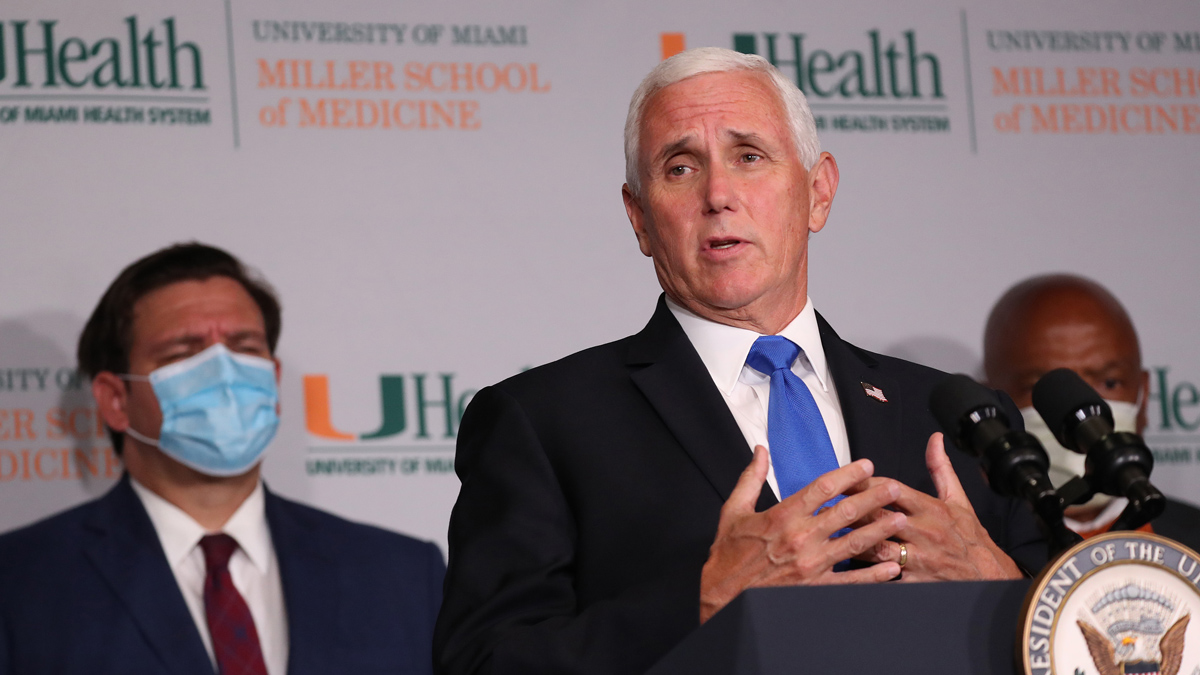Studies have shown that your weight could put you at a higher risk of developing severe complications from COVID-19.
For weeks now, we’ve been hearing about the new trends, cases and hospitalizations skewing much younger, however, another trend is emerging.
At Cleveland Clinic Weston, doctors say they’re seeing more and more overweight or obese patients ending up in the hospital and the ICU.
“Being obese will increase your risk significantly for for severe COVID lung disease,” said Dr. Anas Hadeh, the director of the Pulmonary and Critical Care Medicine Fellowship Program at Cleveland Clinic Florida.
Hadeh says patients who are obese are more likely to end up in the ICU, on a ventilator and have a worse outcome when it comes to battling COVID-19, even if the patient does not have an underlying condition.
And there are many reasons why. For instance, Hadeh says fatty tissue could restrict your lungs and impare your breathing.
He also said obese patients are more likely to form blood clots, which have been associated with the coronavirus.
“What’s also interesting is the receptor where the virus attaches to the cell is presence in the fatty tissue which could serve as a reservoir, if you want, for the virus," Hadeh said.
However, unlike age and underlying conditions, Hadeh says this is one of the few risk factors you can control by changing your diet and exercising more.
“Obesity is a modifiable risk factor,” Hadeh said. “So if you reduce your body mass index by as little as 5%, you can decrease your risk of winding up being in the ICU or being on a ventilator.”
The concern over obesity and the coronavirus is not just here in the United States. Over in Britain, the prime minister is implementing some new rules to encourage residents there to lose weight during the pandemic. Some of the new rules include calorie counts on menus and a crack down on junk food ads on TV.



